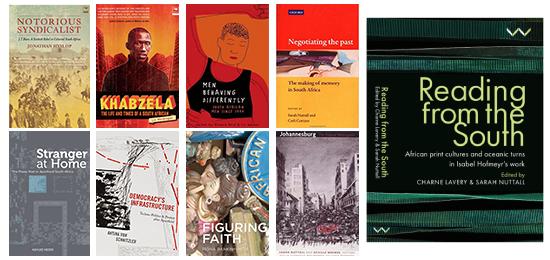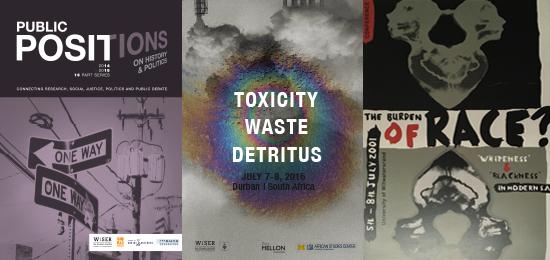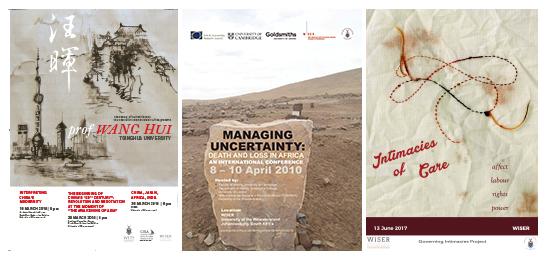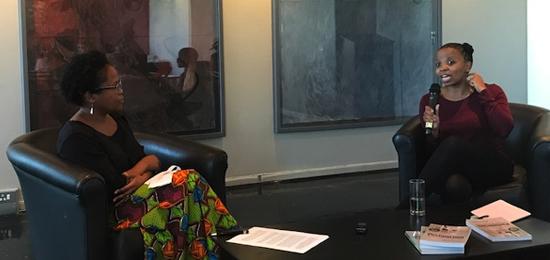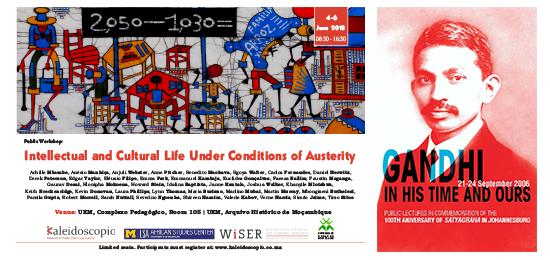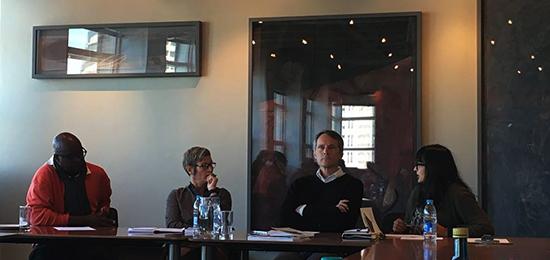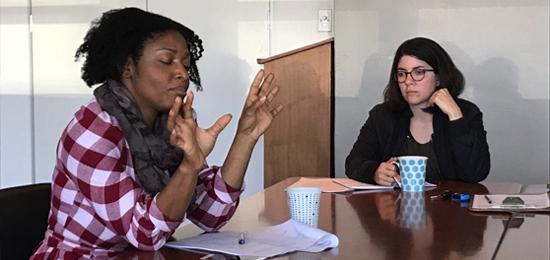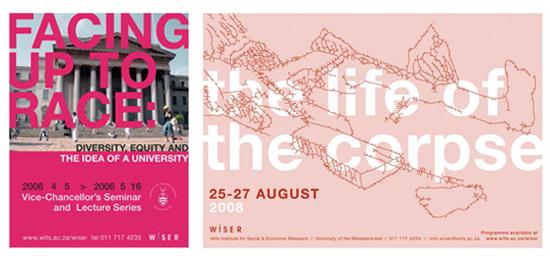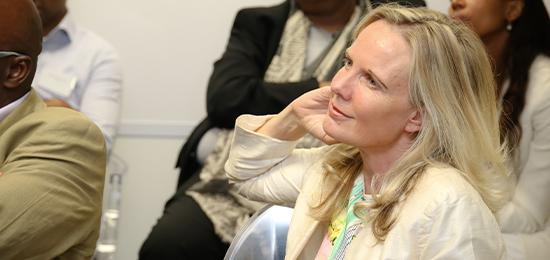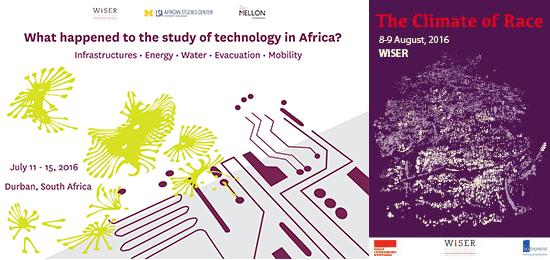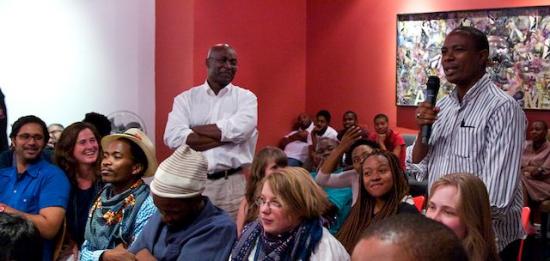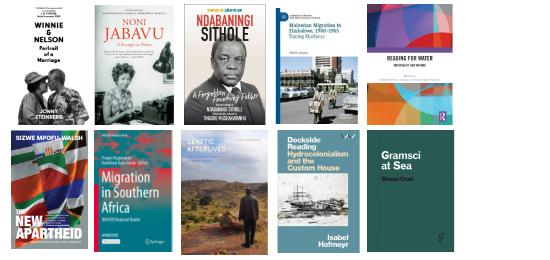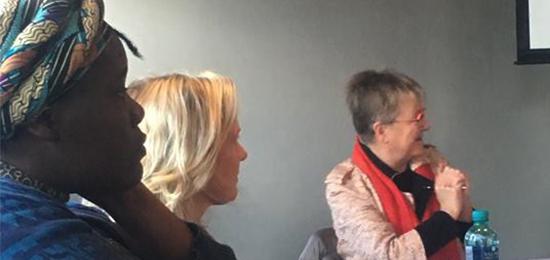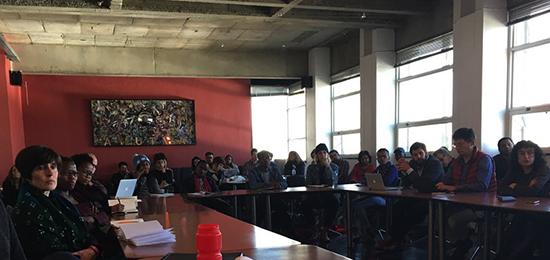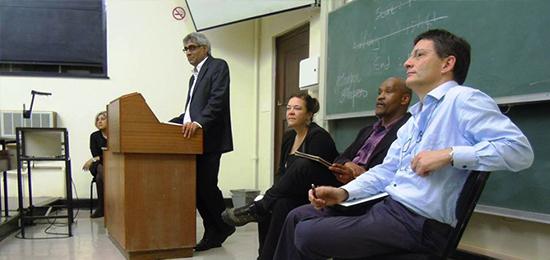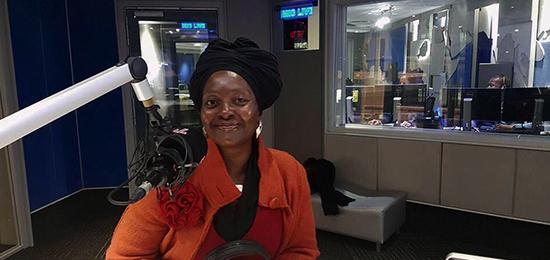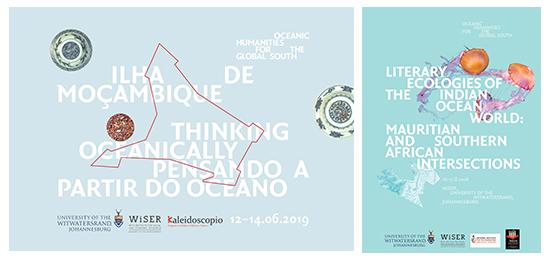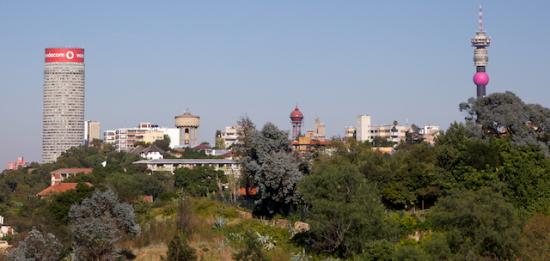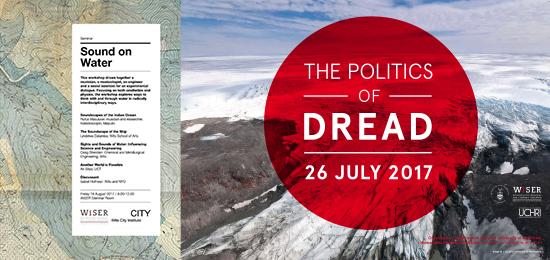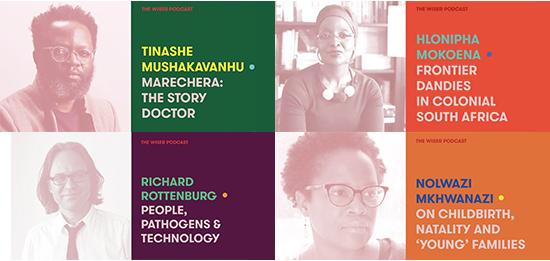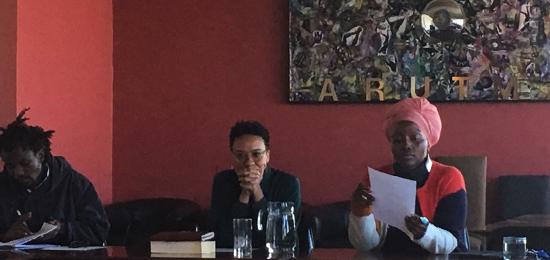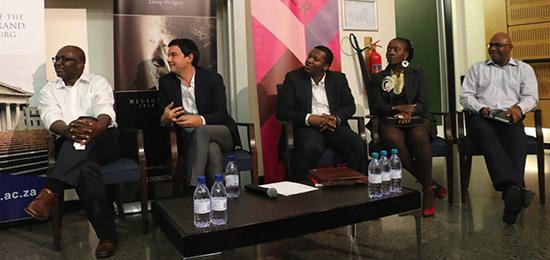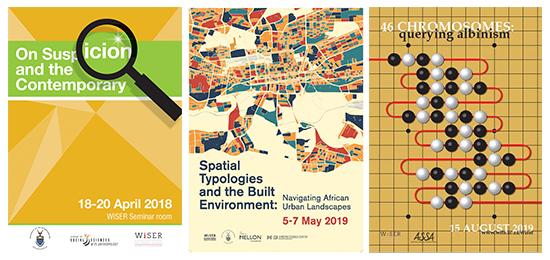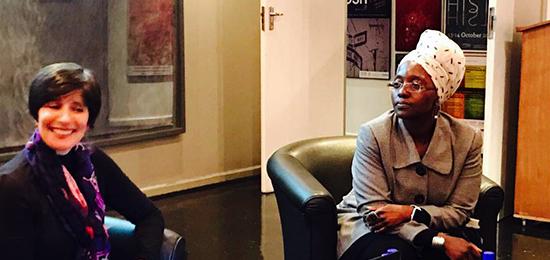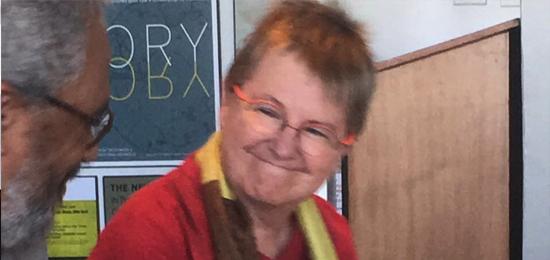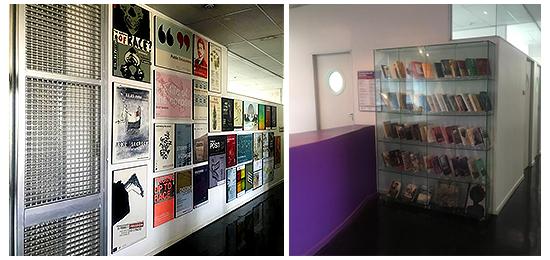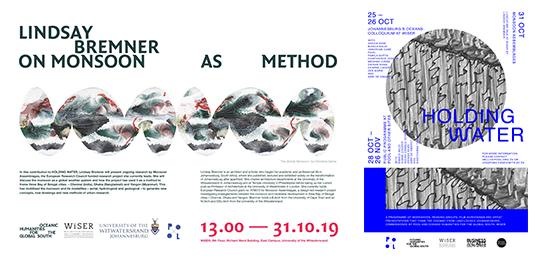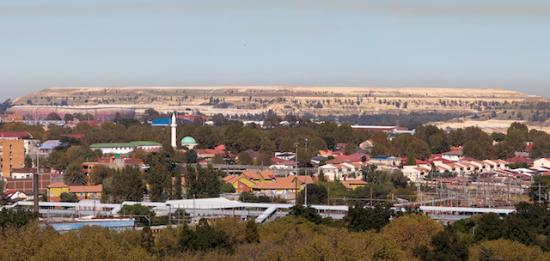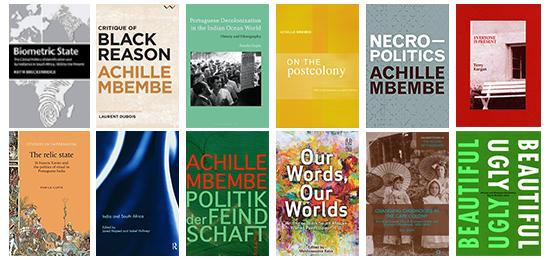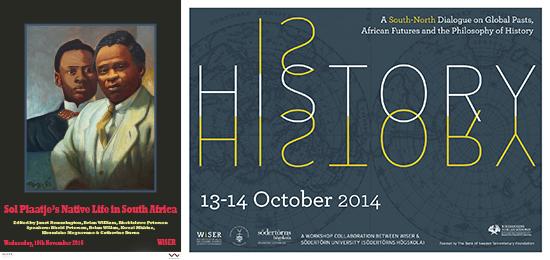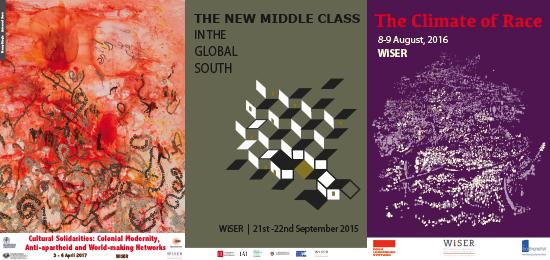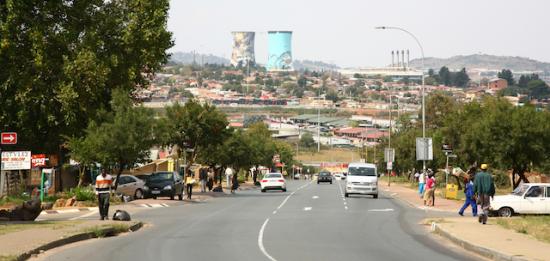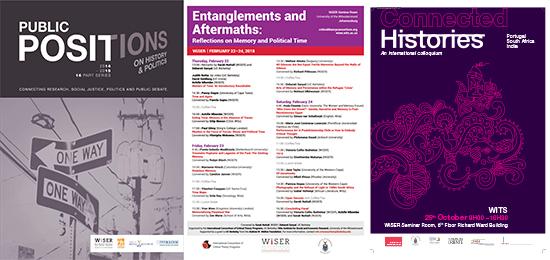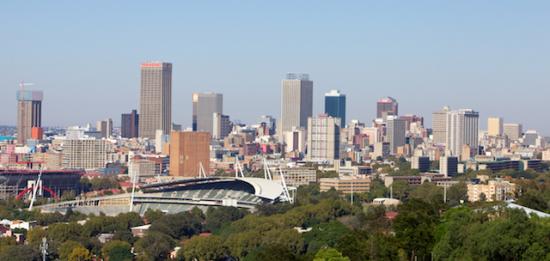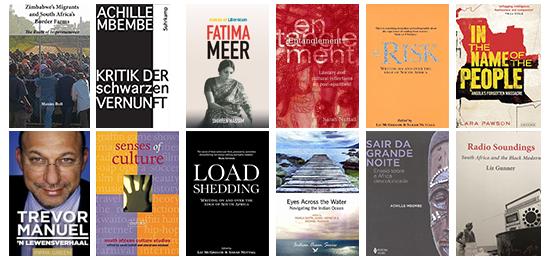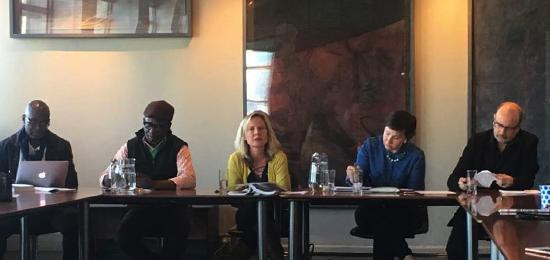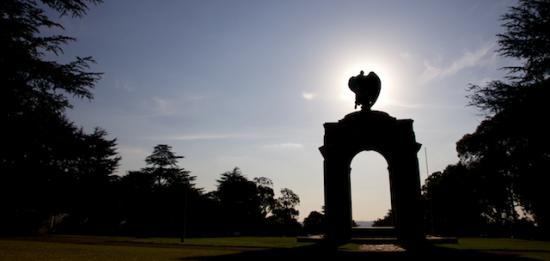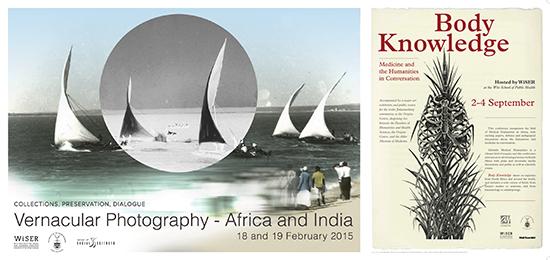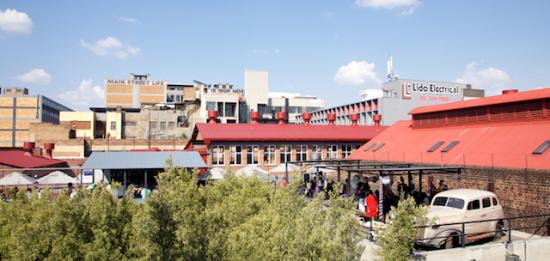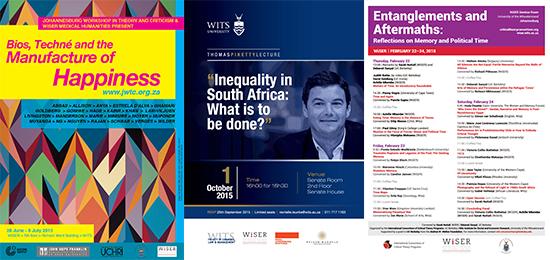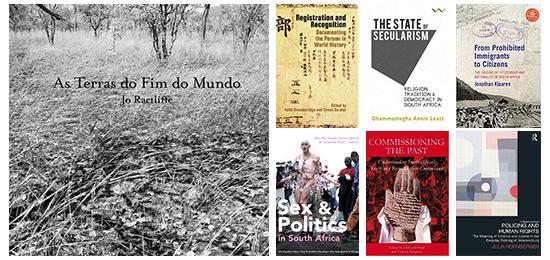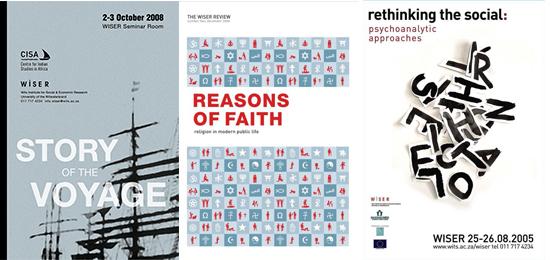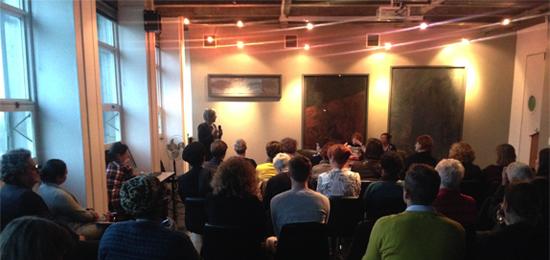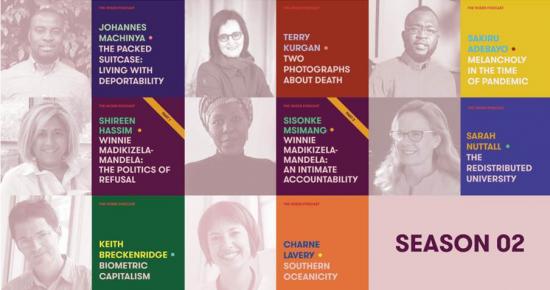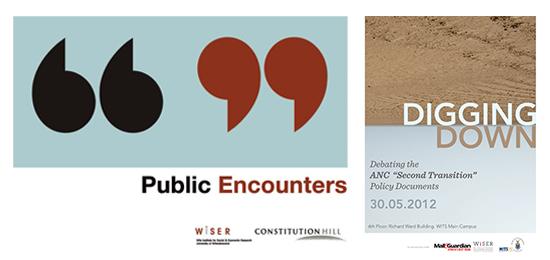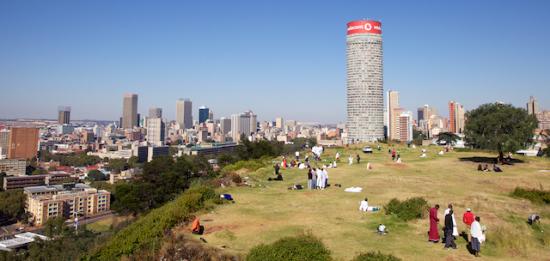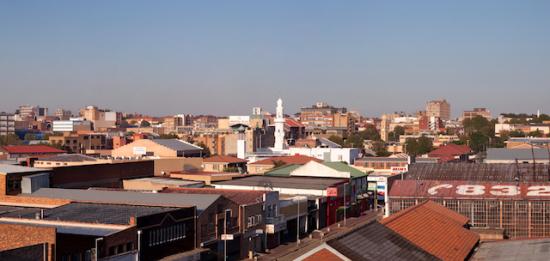General seminar arrangements in 2025
Technology and Lifeworld
Please do not circulate or quote since this is work in progress. It is the draft of a book prospectus in the making. I hope that our discussion will help me to improve it.
At the heart of this edited volume is the study of infrastructures in and across Africa. Infrastructures have once again become the central target of international development organizations. Starting in 2009, in a series of World Bank flagship reports, particular historical circumstances served as the starting point for reflections over the current role and future significance of infrastructures in Africa (Foster & Briceño-Garmendia 2010). Herein, it was stated that until the 1970s, essential utility infrastructures such as water, electricity and transport systems of some of the still young African nation states were in better functional condition than several infrastructures in comparative contexts in Southeast Asia (WB, p 47). Infrastructures had long been determined by the export imperatives of colonial economies, giving almost all African states the distinctive mine-to-harbour geography stripped of regional linkages that preoccupied Walter Rodney, Fred Cooper and Jean-François Bayart. “All roads,” Rodney put, “lead to the sea” (Rodney 1972: 209, quote on 230; Cooper 2002, Chap 7; Bayart 2000, 229). By the early 1980s however – against the background of the structural adjustment measures which are not mentioned in the World Bank reports – African states found themselves unable to keep up these skeletal linkages let alone keep pace with the infrastructural progress of other developing regions. Even more so, in many of these states, the basic infrastructural services deteriorated, and in some cases even fell behind the infrastructural connectivities achieved in the 1960s. Against this interregional and historical field of comparison, the authors of the World Bank reports tied their observations back to a central point, namely that over the last ten years a large number of African states have undoubtedly sustained strong economic growth particularly in global comparison. Building and expanding essential infrastructures is, in turn, not only central to securing this economic development, but would further, in parallel, allow for an acceleration of societal modernization processes (WB, p 30).

